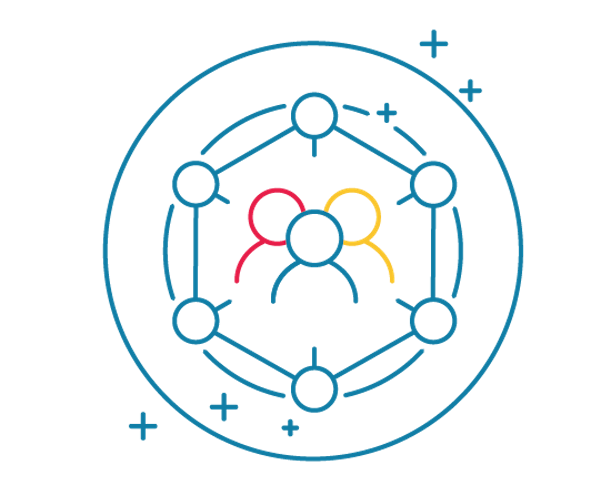
Rule of law
The rule of law is a set of principles that characterises advanced democracies and states that no one, including governments, politicians or legislators, is above the law. This political philosophy refers to the idea that a system of laws, institutions and norms is designed to ensure accountability involving all levels of society, which means that no one receives preferential treatment. The rule of law does not refer to a particular law, but rather to the set of common laws and norms within a country, state or community to which everyone, citizens and institutions, is bound, as well as the systems and mechanisms that enforce these laws. It is based on historically established principles of fair, understandable and uniformly enforced laws with open governance and an accessible and impartial judiciary.
In its common meaning, the rule of law also has a moral dimension, guaranteeing respect for fundamental rights.
CILD and its member associations constantly monitor Italy's implementation of these principles. Since 2021 we have been actively participating in the European Commission's consultations on the subject and we contribute to the Rule Of Law report promoted by Liberties.eu.

CILD and StraLi making strides in the defence of freedom of expression
Freedom of expression and information is becoming worryingly more and more restricted throughout Europe. In Italy, too, the situation has…
